CTSA
-
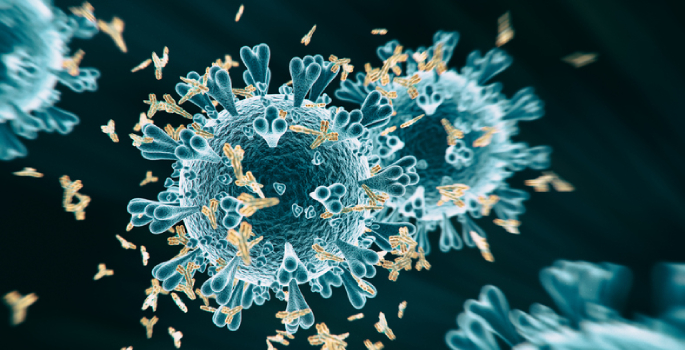
VUMC awarded $34 million to lead nationwide convalescent plasma study
Vanderbilt University Medical Center has been awarded a one-year, $34-million grant by the National Center for Advancing Translational Sciences, part of the National Institutes of Health, to conduct a nationwide study of “convalescent plasma” as a treatment for COVID-19. Read MoreAug 21, 2020
-

Heat a trigger for seizures
Elevated body temperature alone can increase vulnerability to fever-induced seizures, even in the absence of infection or inflammation. Read MoreSep 6, 2017
-

Pain and Alzheimer’s disease
Clinicians should use a structured interview in people with Alzheimer’s disease to identify pain that might be otherwise overlooked. Read MoreSep 5, 2017
-

VUMC lands renewal of Clinical and Translational Science Award
Vanderbilt University Medical Center (VUMC) has competed successfully for a second renewal of its Clinical and Translational Science Award (CTSA) by the National Institutes of Health (NIH). Read MoreJun 8, 2017
-

Superior scan for tumors
Imaging with a compound that binds to neuroendocrine cells is a safer and more effective way to detect rare neuroendocrine tumors. Read MoreJun 24, 2016
-
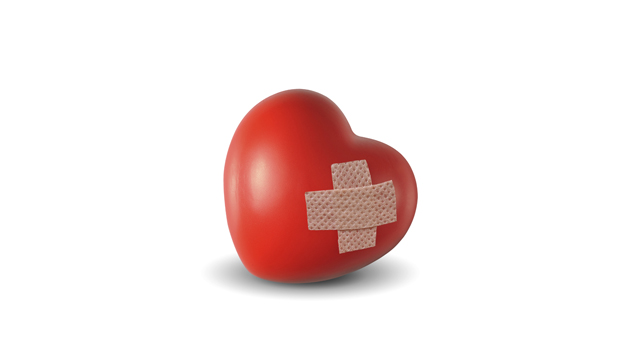
Children, heart disease, and IQ
Treatment for congenital heart disease during infancy may result in cognitive and attentional deficits during adolescence and young adulthood, Vanderbilt researchers have found. Read MoreNov 16, 2015
-
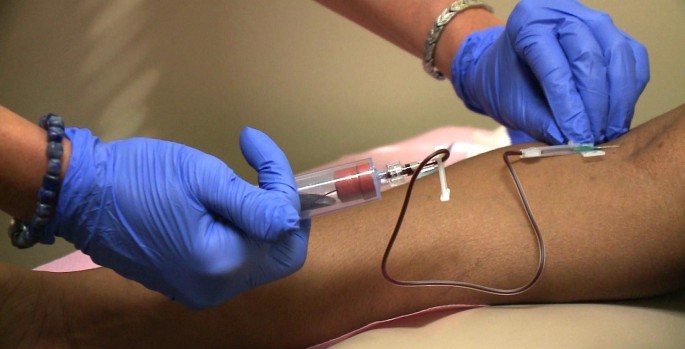
Revised regulations proposed for human subject research
Eighteen departments and agencies of the federal government have joined to propose revised regulations for scientific research involving human subjects. Read MoreOct 22, 2015
-
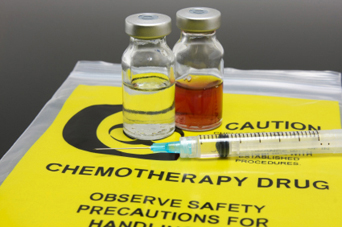
Potential mechanism for myeloma drug’s variable toxicity
A genetic variant is associated with toxicity of the chemotherapy drug melphalan, and could guide individualized dosing for the medication. Read MoreApr 30, 2014
-
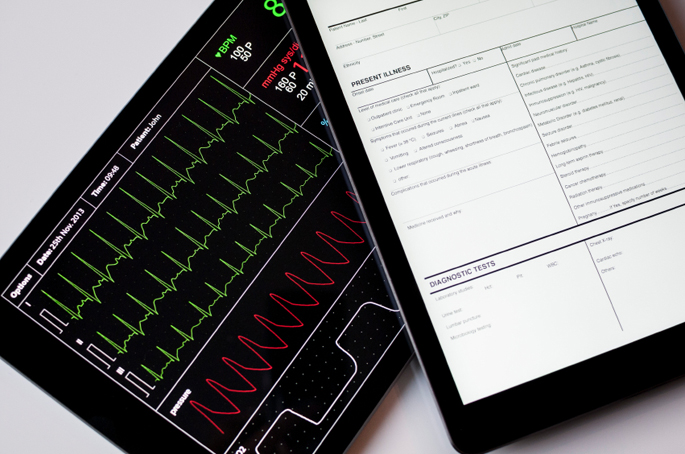
E-records shed light on drug response
Electronic medical records linked to DNA biobanks are a valid resource for defining and understanding the genetic factors that contribute to drug response. Read MoreMar 31, 2014
-

Mapping brain circuitry
Vanderbilt investigators have used two types of neuroimaging to establish a “map” of connections for a brain region important in anxiety and addiction. Read MoreMar 28, 2014
-

Flu boosts pneumococcal colonization
Influenza and parainfluenza infections – but not other respiratory viruses – increase the risk of acquiring pneumococcal bacteria, the most common cause of severe pneumonia. Read MoreMar 27, 2014
-

A pain in the … genes
Vanderbilt researchers have discovered that variation in the gene encoding the potassium channel GIRK1 plays a role in modulating human pain perception. Read MoreJan 10, 2014
-

Rhythm response tied to gene variant
A genetic variant that increases risk for atrial fibrillation also impacts the response to a common therapy for the heart rhythm disorder. Read MoreJun 21, 2013
-
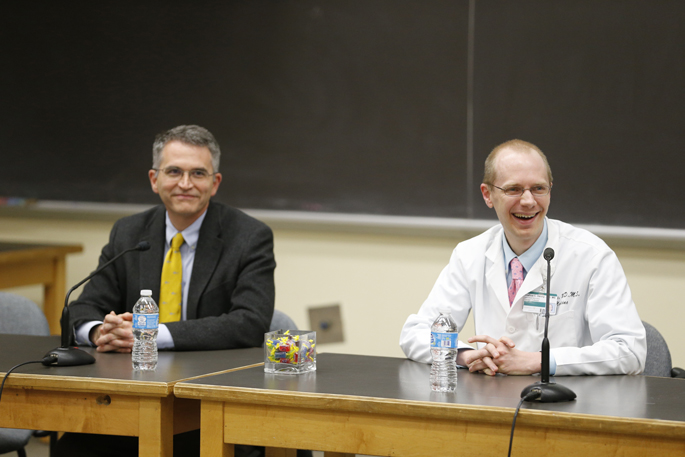
Symposium highlights VU’s clinical, translational research
Nearly $5 million in internal pilot grants to jumpstart research projects. A tripling in the number of clinical and translational research publications. Novel research tools that have been snapped up by scientists around the world. Read MoreNov 29, 2012
-

Matchmaker for clinical studies
ResearchMatch.org is a web-based registry that is connecting participants and researchers for clinical studies. Read MoreFeb 8, 2012
-

Magnesium affects prostate cancer risk
Low blood levels of magnesium are associated with more aggressive prostate cancer, a recent study suggests. Read MoreJun 3, 2011
-
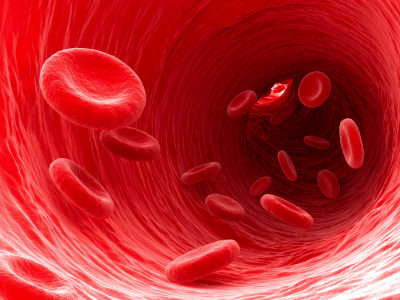
Stents relieve post-infection problem
Placing stents in blood vessels can provide long-term relief from rare complications of a fungal lung infection. Read MoreMay 5, 2011
-

Gene variant impacts exercise blood pressure
Subtle genetic changes can have big effects on blood pressure while exercising. Read MoreApr 28, 2011